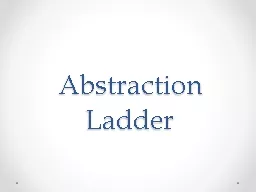PPT-NB: superstition (10 lines) Are you superstitious? Do you believe in good luck or bad
Author : cheryl-pisano | Published Date : 2019-11-01
NB superstition 10 lines Are you superstitious Do you believe in good luck or bad luck Do you believe that you can bring forth one or the other by your actions Do
Presentation Embed Code
Download Presentation
Download Presentation The PPT/PDF document "NB: superstition (10 lines) Are you sup..." is the property of its rightful owner. Permission is granted to download and print the materials on this website for personal, non-commercial use only, and to display it on your personal computer provided you do not modify the materials and that you retain all copyright notices contained in the materials. By downloading content from our website, you accept the terms of this agreement.
NB: superstition (10 lines) Are you superstitious? Do you believe in good luck or bad: Transcript
Download Rules Of Document
"NB: superstition (10 lines) Are you superstitious? Do you believe in good luck or bad"The content belongs to its owner. You may download and print it for personal use, without modification, and keep all copyright notices. By downloading, you agree to these terms.
Related Documents














